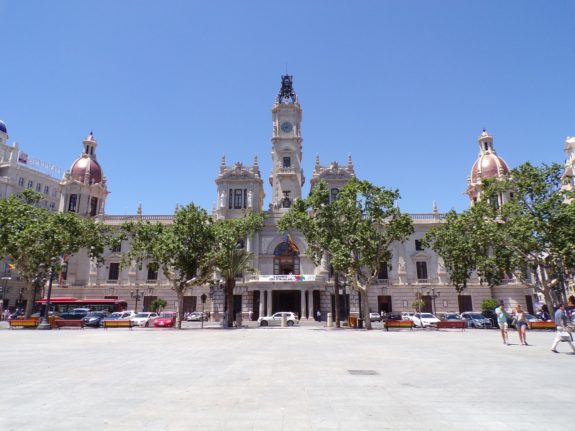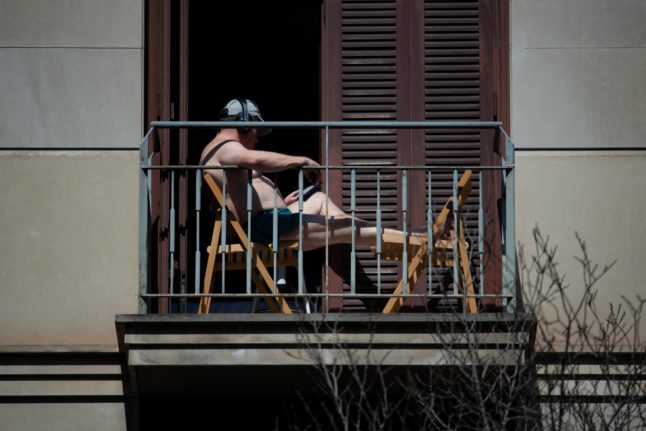The padrón certificate is used to show proof of where you live. Your town hall – or ayuntamiento – uses it to find how many people are living in the area and what their ages are.
The number of people living in each area will depend on how much money they will receive from the government. They use this money for local services such as schools, health centres, parks and police officers.
If you are a non-EU citizen with temporary residence (less than 5 years) in Spain, then you will need to renew your padrón certificate every two years.
You will also need to renew your padrón each time you move house, as it should have your current address.
For some bureaucratic processes in Spain, you will also need to be able to show you have a padrón certificate that’s no older than three months.
Depending on where you live, there are different ways you can renew it. This could be in person, online or by post.
READ ALSO – Padrón: 16 things you should know about Spain’s town hall registration
Generally, in order to renew your certificate, you will need:
- A recent gas, water or electricity bill in your name
- Your rental contract and receipt of your last rental payment
- If you own your own property, you will need to show evidence that you own it, such as the property deeds
You will also need to show:
- A valid residence card such as TIE
- A valid passport
- In addition, it is also advisable to bring your previous padrón certificate
For children you will also need the following:
- Records of your digitised family book (libro de família)
- A valid passport or residence permit of the minor
- A passport of one of the parents which also contains the identification data of the minor
- Birth certificate of your child
If you do not live in the same household as your child, you will also need:
- A delegation for registration form, signed by the parent who lives with the minor.
- Photocopy of the valid identification document of the parent who lives with the child.
- In the case of minors under 14 years of age, it will not be mandatory for them to have an NIE, passport or identification document from their country of origin.
Remember that all your documents should be officially translated into Spanish or another local language such as Catalan, if they aren’t already.
READ ALSO: Can I get my padrón online in Spain?
In person
If you are applying in person, you will need to make an appointment at your local Ayuntamiento or town hall.
When the date for your appointment arrives you will need to complete the renewal form, which will most like look something like this, but may change depending on where you live.
You will also need to bring originals and photocopies of all the documents above.
Online
If you have a digital certificate or Cl@ve PIN you are able to renew your padrón online. You will need to do this via your local government website.
First, you’ll need to identify yourself digitally with your digital certificate or Cl@ve PIN.
Next you will have to complete the renewal form and then attach digital copies of all the above documentation that’s required.
Then you’ll need to submit and sign it digitally.
By post
Although this is not the most common way to renew your certificate, some town halls may let you apply by post and will have details of the relevant address to send your documents and forms to online.



 Please whitelist us to continue reading.
Please whitelist us to continue reading.
Member comments